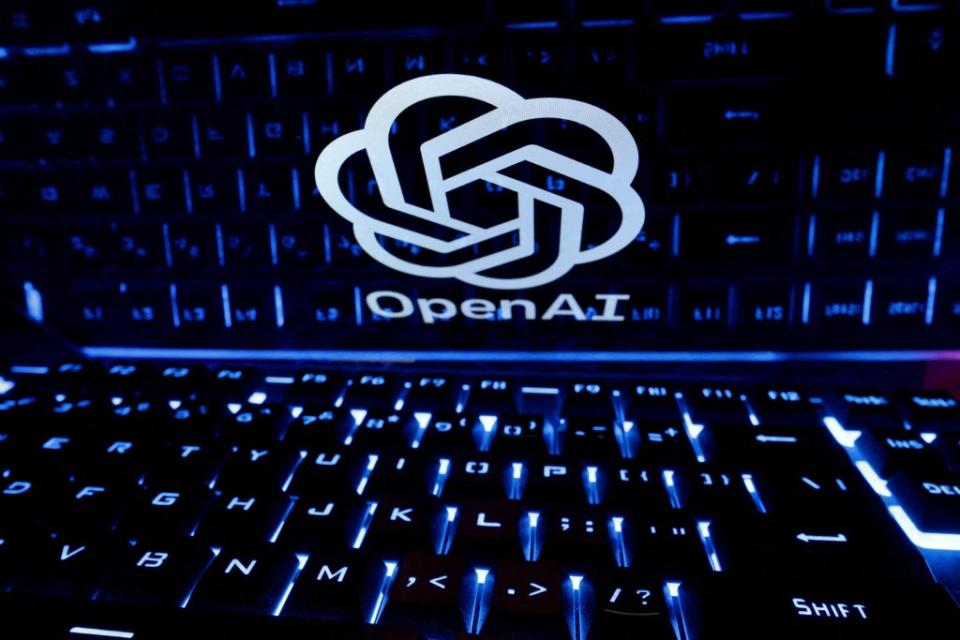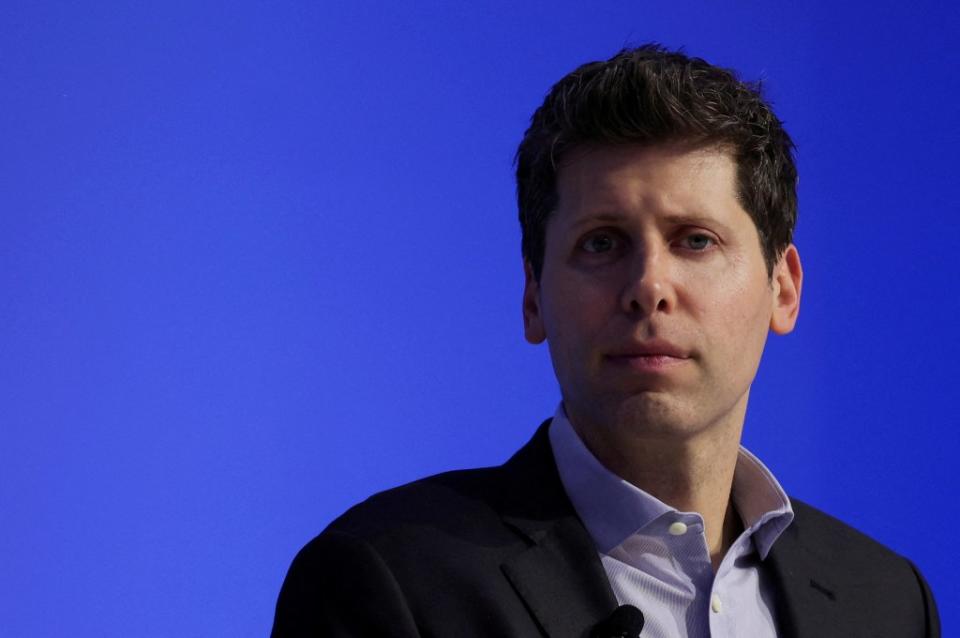OpenAI denies Elon Musk’s claim there was a ‘founding agreement’ to keep AI firm a nonprofit

OpenAI denied a major allegation in Elon Musk’s lawsuit against the artificial intelligence giant — that it has “radically” departed from its “founding agreement” inked in 2015 that said it would prioritize humanity over profit.
OpenAI said in a document on file with California’s superior court for San Francisco County that “there is no Founding Agreement, or any agreement at all with Musk, as the complaint itself makes clear,” according to CNBC.
“The Founding Agreement is instead a fiction Musk has conjured to lay unearned claim to the fruits of an enterprise he initially supported, then abandoned, then watched succeed without him,” the company added in its filing dated March 6, per CNBC.

Musk worked alongside OpenAI chief Sam Altman to launch the company’s research lab from 2015 to 2018, when he reportedly left the firm after a falling out with Altman surrounding the deal he struck with Microsoft, marking a transition away from the company’s purely nonprofit roots.
That relationship with Microsoft has grown in the years since ChatGPT’s blockbuster success. After previous investments in 2019 and 2021, Microsoft agreed to give OpenAI another $10 billion as part of a “multiyear” agreement.
Though OpenAI is still governed by a nonprofit, it also has a for-profit arm — 49% of which Microsoft owns as part of its deal with the company.
Other major shareholders of OpenAI’s profitable business include LinkedIn founder Reid Hoffman and billionaire venture capitalist Vinod Khosla of Khosla Ventures.
Musk asserted that OpenAI seeks “to maximize profits for Microsoft, rather than for the benefit of humanity,” according to the lawsuit he filed earlier this month.

He also insists that the company’s 2015 certificate of incorporation with the Delaware secretary of state “memorialized” this supposed agreement.
Musk asked the judge for a jury trial and a court order requiring OpenAI to continue to follow its alleged vow to benefit the public rather than Microsoft.
OpenAI has since touted in a blog post on its website: “We intend to move to dismiss all of Elon’s claims.”
It moved to do so in its first public comment on Musk’s lawsuit by claiming the tech tycoon tried to gain “full control” of the company six years ago by merging it with Tesla.
“As we discussed a for-profit structure in order to further the mission, Elon wanted us to merge with Tesla or he wanted full control,” OpenAI’s founding team and executives — including Sam Altman, Greg Brockman, Ilya Sutskever, John Schulman, Wojciech Zaremba — penned in the post.
In the court filing obtained by CNBC, OpenAI added: “Seeing the remarkable technological advances OpenAI has achieved, Musk now wants that success for himself.”

For reference, OpenAI’s ChatGPT boasts more than 100 million weekly users as of November, according to CNBC.
“So he brings this action accusing Defendants of breaching a contract that never existed and duties Musk was never owed, demanding relief calculated to benefit a competitor to OpenAI,” the San Fransicso-based AI giant said.
Representatives for Musk at X, Tesla and SpaceX did not immediately respond to The Post’s request for comment.
The Post has also sought comment from OpenAI.

 Yahoo News
Yahoo News 
